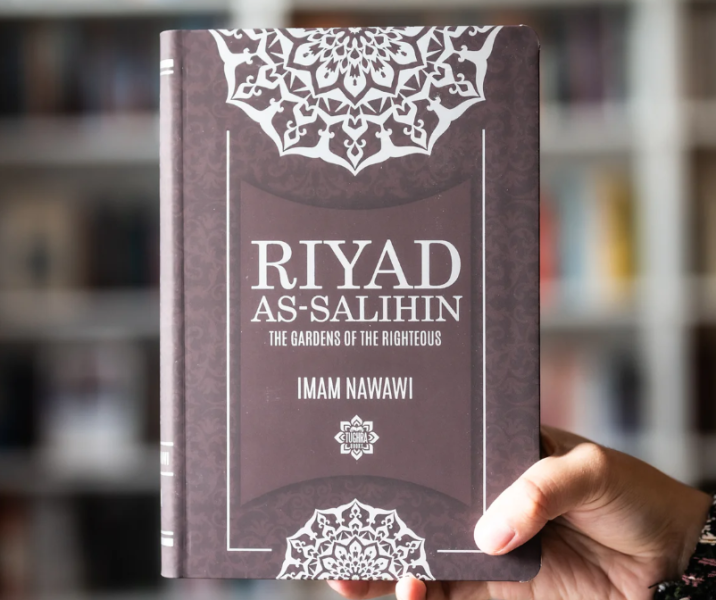Women empowerment is a crucial aspect of social justice and equality, and in Islam, it is supported by numerous teachings from the Quran and Hadith. The Prophet Muhammad (صلى الله عليه وسلم) emphasized the dignity, rights, and roles of women in society, promoting an environment where they could thrive spiritually, socially, and economically.
The Status of Women in Islam
Before the advent of Islam, women were often marginalized, treated as property, and denied basic rights. However, the teachings of Islam, as embodied in the Hadith, marked a transformative shift in societal attitudes towards women. The Prophet Muhammad (صلى الله عليه وسلم) stated:
"أحبُّ الناسِ إلى اللهِ أنفعُهُم للناسِ، وأحبُّ الأعمالِ إلى اللهِ عزَّ وجلَّ سرورٌ تُدخِلُهُ على مسلمٍ."
(“The most beloved people to Allah are those who are most beneficial to others, and the most beloved deeds to Allah are those that bring happiness to a Muslim.”)
(Sunan Ibn Majah)
This Hadith emphasizes the importance of being beneficial to others, including women, and reinforces their role as active contributors to society.
Education and Knowledge
One of the key aspects of empowerment is access to education. The Prophet Muhammad (صلى الله عليه وسلم) stressed the importance of seeking knowledge for both men and women. He said:
"طلب العلم فريضة على كل مسلم."
(“Seeking knowledge is an obligation upon every Muslim.”)
(Sunan Ibn Majah)
This directive underscores that women, like men, have the right and responsibility to pursue knowledge. In fact, the first teacher of the Islamic faith was Khadijah (رضي الله عنها), the Prophet’s wife, who played a pivotal role in his life and the early Muslim community.
Economic Independence
Economic empowerment is another essential aspect of women’s rights in Islam. The Prophet Muhammad (صلى الله عليه وسلم) supported women’s participation in trade and business. Khadijah (رضي الله عنها) was a successful merchant, and her business acumen allowed her to support the early Muslim community. The Prophet himself recognized and valued her contributions:
"أكرموا النساءَ، فإنهنَّ شقائقُ الرجالِ."
(“Honor women, for they are the counterparts of men.”)
(Sunan Abu Dawood)
This statement reinforces the importance of recognizing women's contributions in all spheres of life, including economics.
Rights and Dignity
The Hadith also emphasizes the inherent rights and dignity of women. The Prophet Muhammad (صلى الله عليه وسلم) said:
"إنما النساءُ شقائقُ الرجالِ."
(“Women are the twin halves of men.”)
(Sunan Abu Dawood)
This illustrates that women and men are equal partners in society, deserving of respect and rights. The Prophet’s teachings provided women with rights in marriage, inheritance, and participation in community affairs, establishing a framework for gender equality.
Leadership and Participation
Women’s participation in leadership roles is also endorsed in Islamic teachings. A notable Hadith states:
"لا يفلح قومٌ ولَّوا أمرَهم امرأةً."
(“A people will not succeed if they entrust their affairs to a woman.”)
(Sahih Bukhari)
This statement, often taken out of context, reflects the socio-political norms of the time rather than an absolute prohibition. In reality, numerous historical examples exist of women in leadership roles in Islamic history, demonstrating their capacity to lead effectively.
Conclusion
The teachings of the Prophet Muhammad (صلى الله عليه وسلم) illuminate the path for women’s empowerment in Islam. By advocating for education, economic independence, rights, and leadership, these Hadith provide a robust foundation for promoting gender equality and empowerment within Islamic societies.
Women play an indispensable role in nurturing future generations, contributing to communities, and advancing society. The empowerment of women is not only a matter of social justice but is also a reflection of the values and principles of Islam, emphasizing respect, dignity, and equality for all.
In a world striving for equality, the teachings of Islam can serve as a guiding light, advocating for a balanced and just society where both men and women can thrive together.










